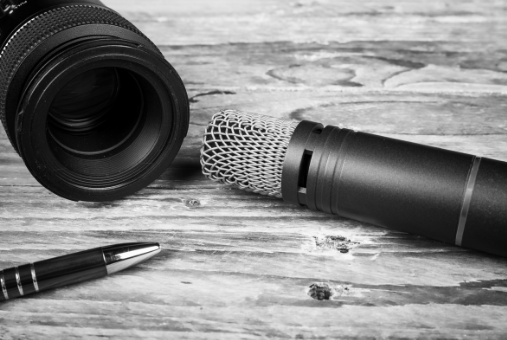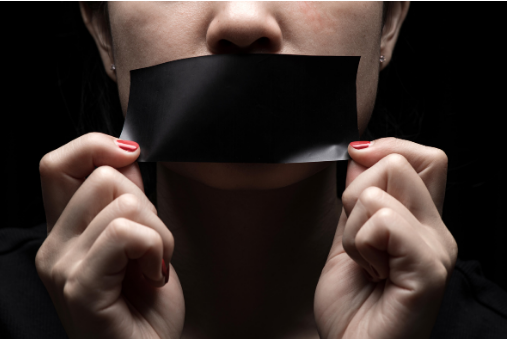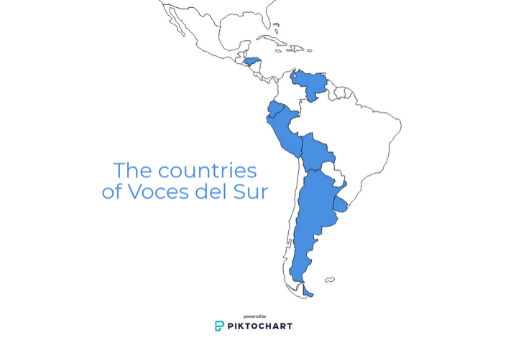
The most recent edition of the Chapultepec Index of Freedom of Expression and the Press, from the Inter-American Press Association (IAPA), recorded an improvement of 4.2 points on average in the 22 countries evaluated on the continent. The more positive overall picture comes with poor results from three of the largest countries in the region, Argentina, Mexico and Brazil, which lost the most points in the ranking.

The GNI Startups Lab Hispanoamérica program was created and launched in mid-2021 by Sembramedia, with the support of Google News Initiative, and its objective is to strengthen the structures and business models of 10 digital native media in Latin America.

Twenty one media outlets from nine countries in Latin America will benefit from US $2 million as part of the Google News Initiative (GNI) Innovation Challenge to improve operations, strengthen business models, create new products and more. “Innovating, essentially, is developing creative and transformative processes and exploring new approaches to change the way an organization […]

Between January and June of 2020, Voces del Sur, a Latin American initiative, registered 630 aggressions against the press in the region. These went on the rise or worsened after governments issued a health emergency.
![Manifestaciones en La Paz, Bolivia, tras denuncias de fraude electoral. (Paulo Fabre [CC BY-SA 4.0]).](https://latamjournalismreview.org/wp-content/uploads/2019/11/Manifestacione_La_Paz_s_enBolivia_en_contra_el_fraude_electoral_y_el_gobierno_de_Evo_Morales-e1591241333154.jpg)
In Bolivia, several media outlets and journalists have found it necessary to suspend their work in the face of the insecure environment that prevails in the country after three weeks of social demonstrations.

United not only by cultural and geographical similarities, but also by the type of problems that their countries face politically, economically and socially, seven journalistic organizations have formed the Voces del Sur alliance to systematize the monitoring freedom of expression in their countries.
The National Association of Bolivian Journalists (ANPB, for its initials in Spanish) and the Association of Journalists of La Paz (APLP) have declared an “emergency” in rejection of articles of the country’s new Penal Code the entities say could be used against professionals in retaliation for their work.
After meeting with media associations and journalists in Bolivia, the leaders of the country's legislature decided to exclude press professionals from controversial Article 200 of the new Penal Code, which sanctions bad professional practice.
Bolivian journalist Yadira Peláez, who accused Carlos Flores, a former manager of state-owned Bolivia TV, of sexual harassment, is being sued for economic damage to BTV in a complaint filed by the channel's management, according to El Deber.
Media and journalism associations in Bolivia are on alert due to a proposal to reform the Penal Code that is under debate in the country's Congress. They claim that Article 200 of the new Code, which provides for sanctions against professional misconduct, poses a threat to press freedom by opening the door to the criminalization of journalists in that country.
Bolivian journalist Yadira Peláez took matters into her own hands after she apparently felt an investigation into her complaint of sexual harassment was going nowhere.
The Bolivian government premiered the controversial 80-minute documentary, “The Cartel of Lies” (“El Cártel de la Mentira”), which generated profound rejection from journalist associations, activists and citizens of that South American country. The documentary was carried out by Juan Ramón Quintana, Bolivia’s minister of the presidency, and contains attacks against the country’s independent press.